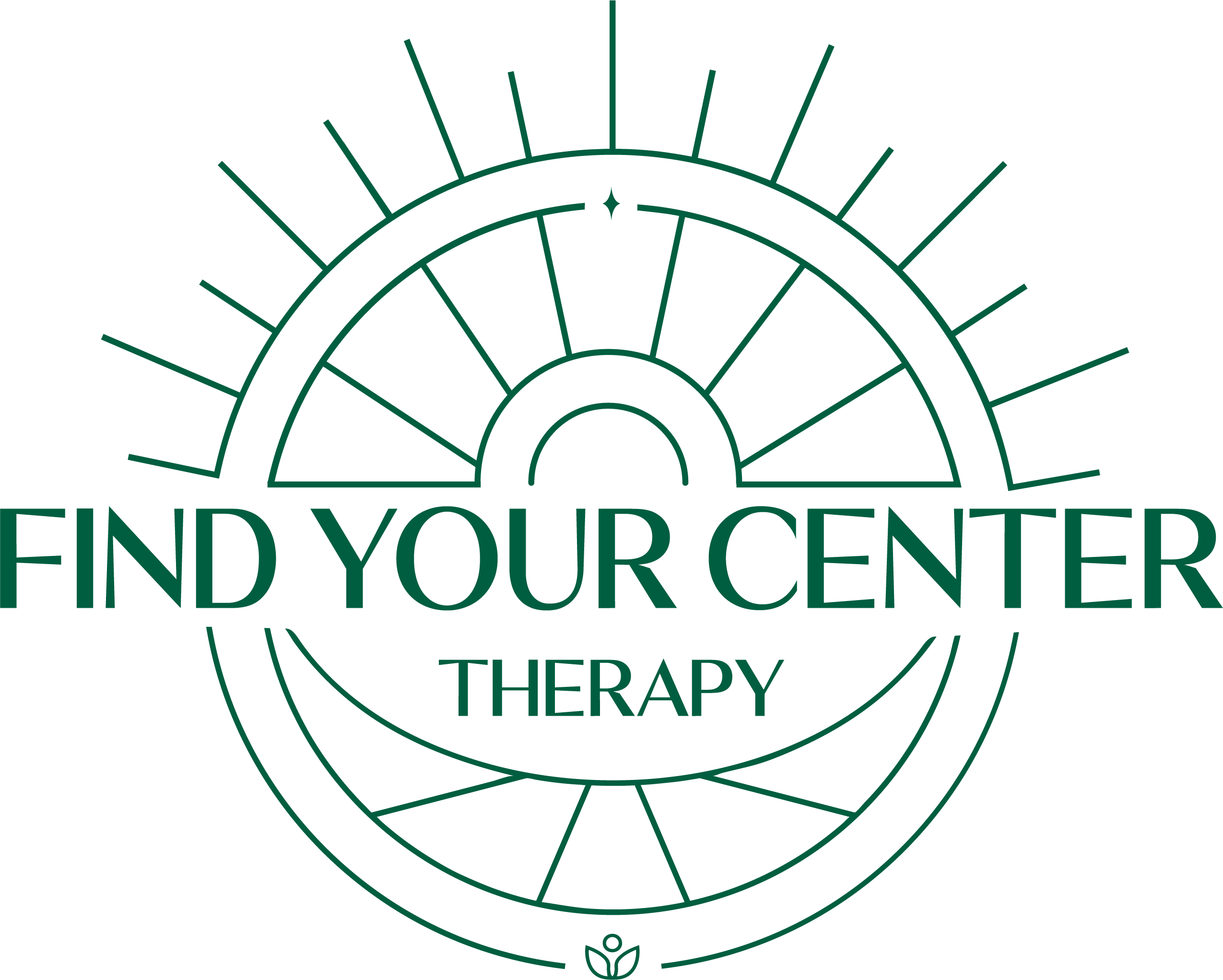Teletherapy - Serving CA, CO, and FL -
Trauma, Loss, and Grief
Have you experienced a trauma that continues to impact your daily life?
Are you struggling to cope with the loss of a loved one or a significant life change?
Do you find it difficult to manage overwhelming emotions?
Whether you’re seeking support for trauma, grieving the loss of a loved one, or coping with major life changes, our therapists provide the safety and healing you deserve. Through a variety of evidence-based treatments, we take a multifaceted approach that targets healing from every angle. We help you navigate your journey with empathy, patience, and understanding.
Understanding Trauma
Trauma is a deeply distressing or disturbing experience that overwhelms an individual’s ability to cope. It can stem from various sources, including accidents, abuse, violence, natural disasters, or other significant life events. “Little t” trauma involves less traumatic but chronic distress, including the cumulative impact of neglect, bullying, and repeated letdowns. At Find Your Center Therapy, our trauma-informed approach aims to provide a safe and supportive space to process your experiences, heal from emotional wounds, and reclaim your sense of security and resilience.
Common Experiences of Trauma
● Flashbacks: Vivid and distressing recollections of traumatic events that intrude upon an individual’s peace of mind.
● Hyperarousal: Heightened state of alertness or sensitivity to potential threats, often accompanied by feelings of anxiety or agitation.
● Avoidance: Efforts to avoid reminders of the traumatic event, such as places, people, or activities associated with the experience.
● Emotional Numbness: Feeling disconnected from one’s emotions and body sensations or experiencing a lack of emotional responsiveness.
● Insomnia: A sleep disorder characterized by falling asleep, staying asleep, or getting restful sleep.
Understanding Grief and Loss
Grief is a natural response to loss, encompassing a range of emotions such as sadness, anger, guilt, and despair. Loss can take many forms, including the death of a loved one, divorce or separation, job loss, or significant life changes. Grieving is a deeply personal and transformative journey, marked by the process of adjusting to life without the presence of what you have known. This process cannot be forced or rushed and must proceed at your own pace. At Find Your Center Therapy, our grief counseling services offer compassionate support and guidance while navigating the complexities of loss, helping you find meaning, acceptance, and healing amidst your sorrow.
Common Experiences of Grief and Loss
- Sorrow: Overwhelming feelings of sadness and despair in the wake of loss.
- Frustration: Feelings of anger towards the circumstances surrounding the loss or toward yourself or others.
- Regret: Thoughts and feelings of guilt about things left unsaid or undone, or about decisions made in relation to the loss.
- Yearning: Intense longing for the presence of what was lost, accompanied by feelings of emptiness.
- Avoidance: Engaging in compulsive or distracting thoughts, behaviors, and people designed to protect you from pain.
- Self-Judgement: Criticizing your grieving process, whether it be feeling too much or not enough.
How We Can Help
● Trauma-Informed Therapy: Providing a safe and supportive space to explore and process traumatic experiences.
● EMDR Therapy: Offering Eye Movement Desensitization and Reprocessing (EMDR) therapy to alleviate distress associated with traumatic memories.
● Cognitive-Behavioral Therapy (CBT): Teaching coping skills to manage trauma-related symptoms and promote healing.
● Bereavement Counseling: Supporting individuals in processing grief and finding meaning in their loss.
● Grief Support Groups: Providing a compassionate community for individuals to share their experiences and support one another.
● Mindfulness and Self-Compassion Practices: Cultivating awareness and self-compassion to navigate through the grieving process.
● Life Transition Counseling: Assisting individuals in adjusting to major life changes and navigating through transitions.
● Divorce Counseling: Supporting individuals in coping with the emotional challenges of divorce and rebuilding their lives.
● Career Transition Counseling: Providing guidance and support during career changes and job loss.
● Family Therapy: Addressing family dynamics and relationships impacted by trauma, grief, or loss.
● Children and Adolescent Therapy: Supporting young individuals in processing trauma, grief, or loss in age-appropriate ways.
● Holistic Approaches: Integrating holistic practices such as yoga, meditation, and expressive arts therapy to promote healing and well-being.
● Trauma-Informed Therapy: Providing a safe and supportive space to explore and process traumatic experiences.
● EMDR Therapy: Offering Eye Movement Desensitization and Reprocessing (EMDR) therapy to alleviate distress associated with traumatic memories.
● Cognitive-Behavioral Therapy (CBT): Teaching coping skills to manage trauma-related symptoms and promote healing.
● Somatic and Sensorimotor Therapy: Engaging the body and the nervous system to process painful experiences.
● Dialectical Behavior Therapy (DBT): Manualized skills for grounding, coping, relating, and building a life worth living.
● Bereavement Counseling: Supporting individuals in processing grief and finding meaning in their loss.
● Grief Support Groups: Providing a compassionate community for individuals to share their experiences and support one another.
● Mindfulness and Self-Compassion Practices: Cultivating awareness and self-compassion to navigate through the grieving process.
● Life Transition Counseling: Assisting individuals in adjusting to major life changes and navigating through transitions.
● Divorce Counseling: Supporting individuals in coping with the emotional challenges of divorce and rebuilding their lives.
● Career Transition Counseling: Providing guidance and support during career changes and job loss.
● Post-Traumatic Growth: Leveraging personal development that can only occur in the aftermath of trauma.
● Family Therapy: Addressing family dynamics and relationships impacted by trauma, grief, or loss.
● Adolescent Therapy: Supporting young individuals in processing trauma, grief, or loss in age-appropriate ways.
● Holistic Approaches: Integrating holistic practices such as yoga, meditation, and expressive arts therapy to promote healing and well-being.
Ready to begin your journey towards healing and resilience?
Contact us to schedule a confidential consultation with one of our grief-trained therapists.
